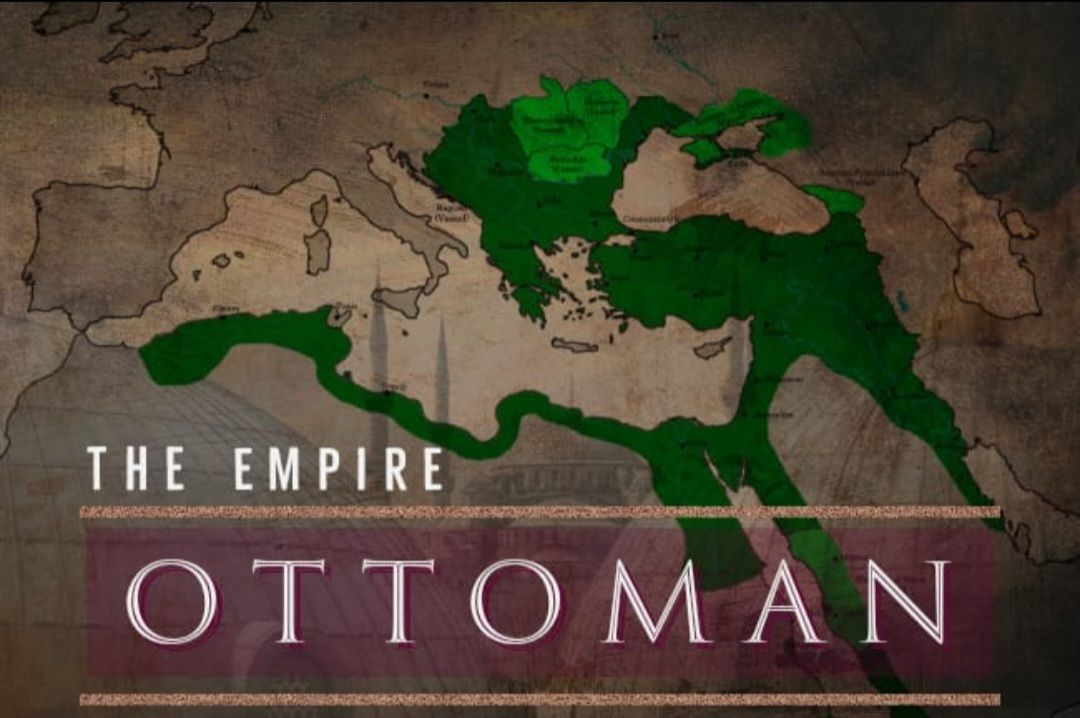
[20] The Ascent and Decline of The Ottoman Empire
In The Name of Allah, The Most Merciful, The Bestower of Mercy.
Sultan Muhamamad Khan
He was born in the year 974 AH and ascended to the throne twelve days after his father’s death in 1003 AH, as he was residing in Maghnis. His mother, of Italian descent, was called Safiyyah. Despite the state of weakness and decline that had begun to afflict the Ottoman Empire, the banner of jihad against the Crusaders remained raised. It is noteworthy that this Sultan, upon realising that the empire’s struggles in warfare were due to the absence of the sultans leading the armies personally, he took it upon himself to take command. He assumed the position left vacant by Salim II and Murad III, which was the command of the entire army. He advanced towards Belgrade and then to the battlefields of jihad. Upon his departure, a fervent religious zeal and military pride surged within the troops. He successfully captured the fortified castle of Arlo, which Sultan Sulayman had failed to conquer in 1556. Additionally, he defeated the armies of Hungary and Austria in the Kereszt plain near this castle on October 26, 1596, an event that drew comparisons to the Battle of Mohács, where Sultan Sulayman triumphed in 1526. Following this battle, conflicts persisted without a decisive engagement.
During his reign, the state experienced violent internal revolts led by Qara Yaziji, as well as uprisings initiated by the cavalry. However, the sultan managed to suppress both challenges, albeit with great difficulty. These internal events reveal to the discerning researcher a significant disruption in the military system and its inadequacy in safeguarding the state’s name and honor from its adversaries. Shaikh Saad al-Din Effendi, one of the scholars of Sultan Muhammad III and among those who encouraged him to personally lead the armies, said to him, “I will accompany you until I cleanse my existence of sins, so I shall march forth.” In one of the battles, the Sultan was on the verge of being captured, as his soldiers and aides fled around him. Shaikh Saad urged, “Stand firm, O King; for you are destined to triumph with the assistance of your Lord, who has granted you blessings and favours.” The Sultan mounted his horse, drew his sword, and earnestly prayed to the Almighty. Within an hour, the victory of the One, the All-Powerful, descended upon him. This battle occurred after the conquest of the fortress of Akra.
He had a high level of education and literature, and inclined towards Tasawwuf. [Refer to Footnote a] He passed away after enduring numerous rebellious movements and violent uprisings, leading his armies personally. His death occurred on Sunday, the eighteenth of Rajab in the year 1012, marking the end of his reign which lasted nine years, two months, and two days. He was thirty-eight years old at the time of his passing. [Ad-Dawlah al-Uthaniyyah Awamil An-Nuhud Wa Asbab As-Suqut 6/327-329]
Footnote a: http://www.ibntaymiyyah.com/articles/dgfil-the-origin-of-the-sufis-is-from-basrah-iraq.cfm

